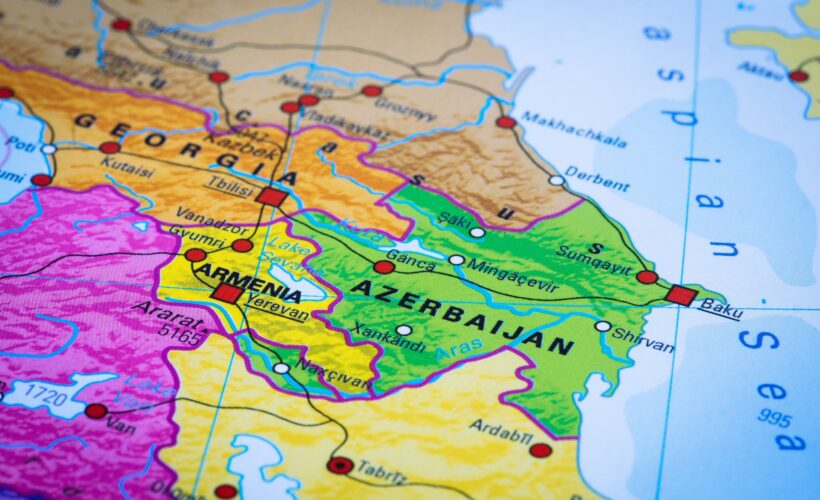By Elvira Tamus, Research Assistant
On 11 May 2024, the Centre for Geopolitics hosted a well-attended event on the theme ‘The Geopolitics of Eurovision’, with support from the Cambridge Committee for Central and East European and Eurasian Studies (CAMCCEEES). We were pleased to host a distinguished panel featuring Dr Galina Miazhevich (Senior Lecturer at the School of Journalism, Media and Culture at Cardiff University) and Dr Paul Jordan, aka ‘Dr Eurovision’ (expert on the Eurovision Song Contest, independent scholar). The event was organised and chaired by Juliette Bretan and Elvira Tamus, Research Assistants at the Centre’s Baltic Geopolitics Programme.
The chairs introduced the history, rules, and most importantly, the historical and current geopolitical context of the competition, across various countries and recent years. It explored how Eurovision was designed to be non-political, internationally friendly, and fun, it is – with these contexts in mind – also inherently a political event.
Dr Galina Miazhevich began by focusing on the history of Eurovision and its various geopolitical aspects, with her talk then focusing on sexual excess, kitsch, ‘bad taste’ and ‘Euro-trash’ in recent entrants by post-Soviet countries in Eurovision. She compared recent acts by Russia (t.A.T.u and Dima Bilan) and Ukraine (Verka Serduchka). She also explored how the relation between Eurovision and taste is now expanded through digital environments.
Dr Paul Jordan started his talk by explaining his own personal connection to and the historical framework of the Eurovision Song Contest. Then, he analysed a number of case studies of how geopolitical tension was played out at various contests, such as between Greek, Turkey, and Cyprus in 2004-2005; and in Baku, Azerbaijan in 2012; and the competition’s significance in the post-Soviet countries like Estonia. Dr Jordan paid special attention to Ukraine’s Eurovision journey. Dr Jordan concluded his talk by referring to Eurovision’s ethos in context of the 1996 contest when ‘the head of the jury in Bosnia Herzegovina said “Good evening Oslo” from his war-devastated capital and was met by spontaneous applause from the concert hall’.
The two presentations were followed by a lively Q&A session with intriguing questions on the development of the ‘big five’ countries (namely the UK, Germany, France, Italy, and Spain that automatically qualify for the finals as they provide the greatest financial contribution to the event) and the power dynamics between them and some of the rising powers who might feel a pressure to become members of this ‘league’; the performers of Ukraine and Georgia and their ‘nation-presentation’ at the 2009 contest which took place in Russia; the importance of victory in the context of the various goals a performer may have; the potential revival of the Intervision Song Contest (an international song contest for artists from Eastern Bloc countries) by Russia; the selection procedure of contestants; the relationship between the use of national languages and national identity at the contest; the connection between the participation of Australia or geopolitical expansion of Eurovision; as well as the prestige of the song contest in the Scandinavian region, particularly in Sweden.







